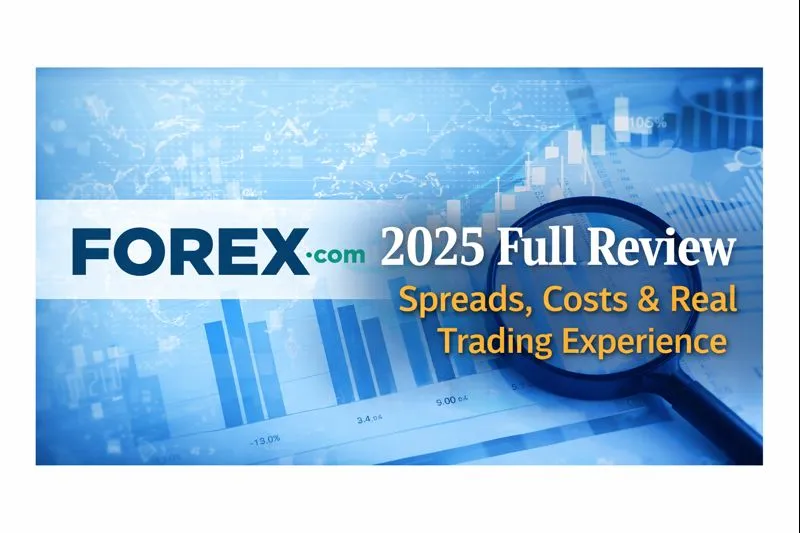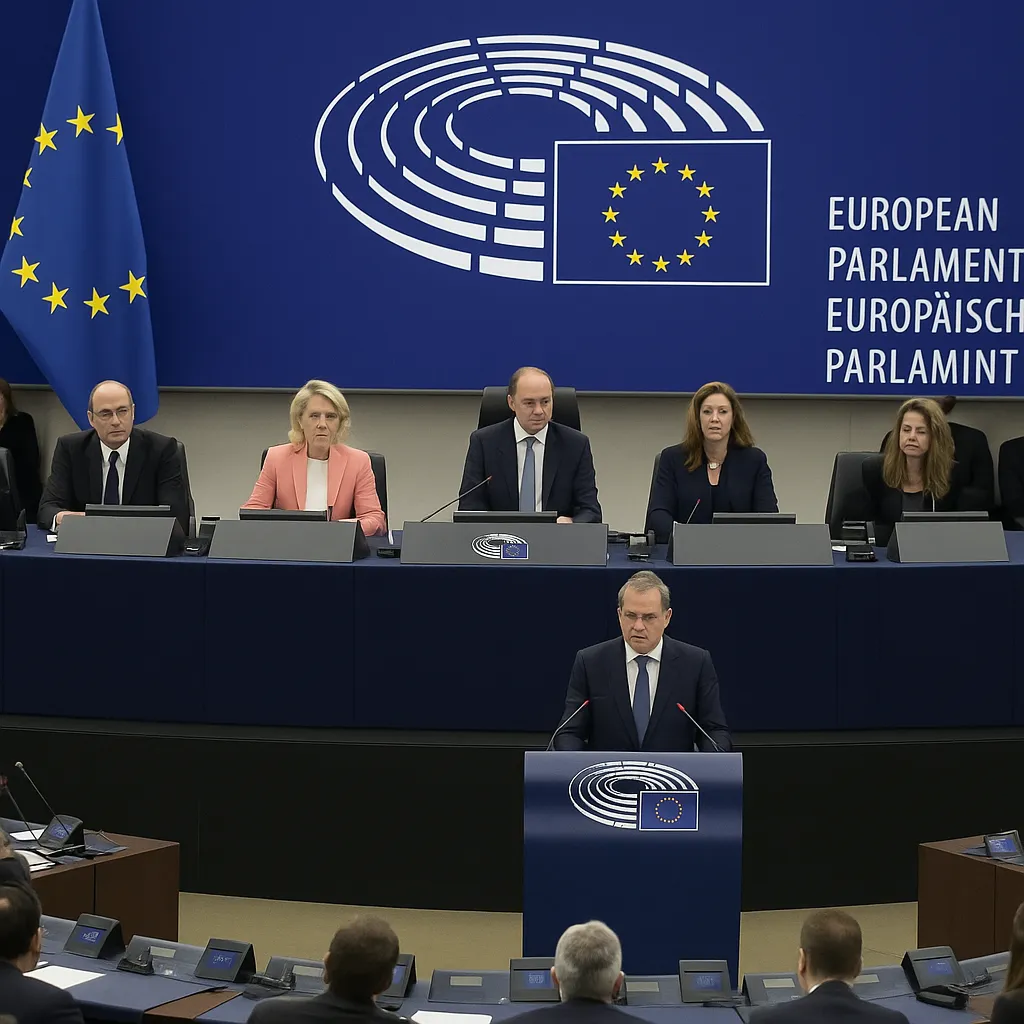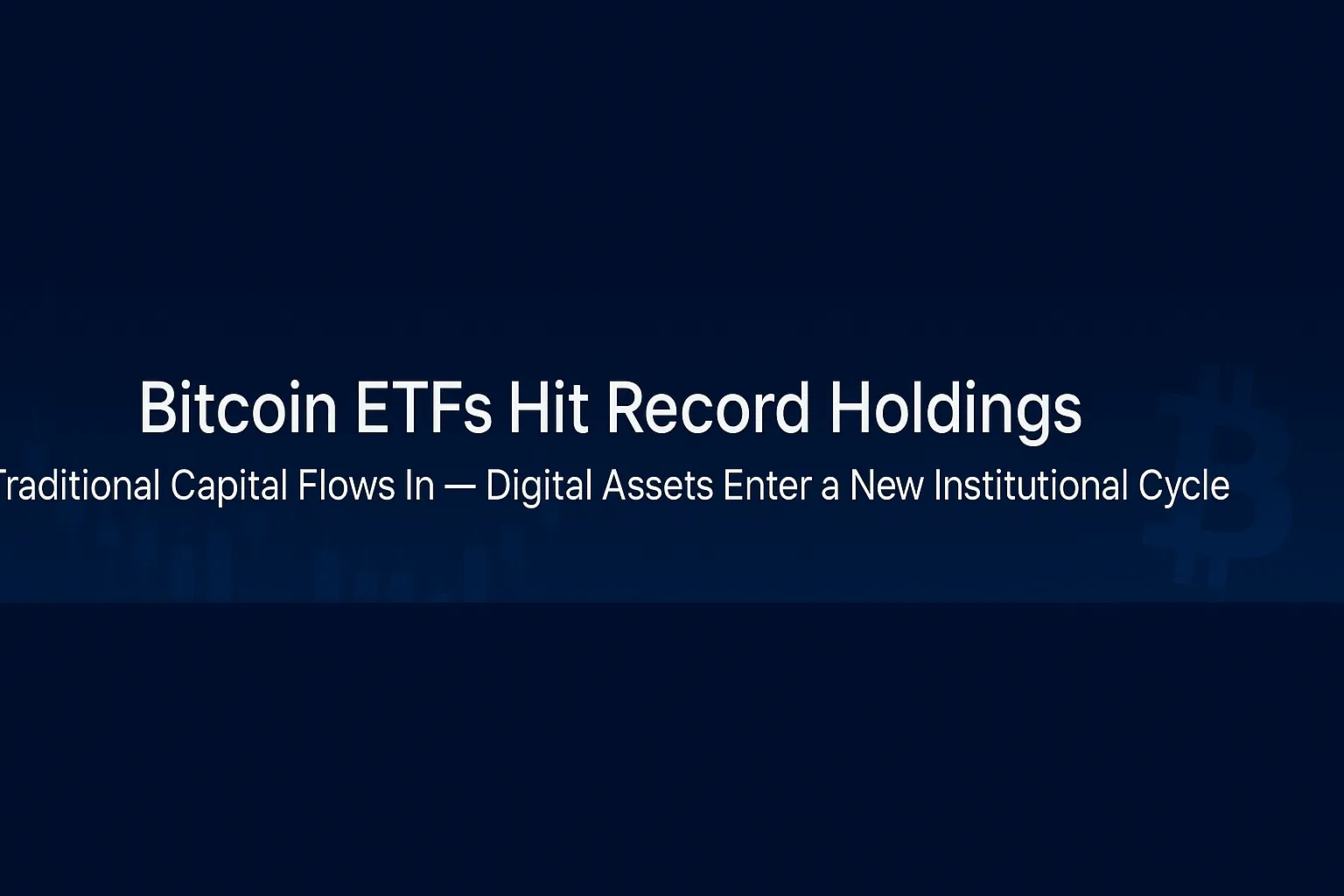tariff
definition
Tariffs are taxes levied on goods entering and leaving the country. They can be divided into import tariffs, export tariffs and transit tariffs according to the objects of taxation.
Import tariffs: taxes on goods entering a country, most commonly
Export tariff: A tax imposed on goods exported to a country, usually used to regulate the export of resource-based products.
Transit tariff: A tax on goods that are transported through a country to a third country (rarely used in modern international trade)
Way
The main ways of collecting tariffs include:
Ad valorem tax: levied as a percentage of the dutiable price of goods, such as a 10% import tariff
Specific tax: A fixed amount levied on the quantity, weight or volume of goods.
Compound tax: a combination of ad valorem and specific taxes
Sliding rate tariffs: automatically adjust tariffs as market prices change In modern international trade, tariffs are often levied through customs supervision and are subject to the rules of the World Trade Organization (WTO).
Advantages
Protect domestic industries from the impact of low-priced foreign goods
Increase fiscal revenue for the government
As a policy tool to enhance bargaining power in trade negotiations
Adjustable import and export structure to ensure economic security
Disadvantages
This may trigger retaliation from trading partners, leading to escalation of trade frictions
Increase the cost of imported goods and raise domestic consumer prices
Reduce international trade efficiency and distort market competition
Protectionist policies may weaken the competitiveness of domestic industries
Case
The United States imposes additional tariffs on China: Since 2018, the United States has imposed high tariffs on Chinese goods on the grounds of "trade imbalance", triggering trade frictions between China and the United States. China has also taken countermeasures and imposed additional tariffs on American products.
EU Steel Tariffs: The EU imposes tariffs and quota restrictions on imported steel to protect its local steel industry.
Summarize
Tariffs are a traditional tool for countries to regulate international trade and protect economic interests. In the short term, they can provide protection for domestic industries and increase fiscal revenue, but long-term abuse may lead to trade frictions, reduced international competitiveness and increased consumer costs. Under the framework of globalization and WTO rules, countries tend to reduce tariff levels and adopt more non-tariff measures to regulate trade.
⚠️Risk Warning and Disclaimer
BrokerHivex is a financial media platform that displays information from the public internet or user-uploaded content. BrokerHivex does not support any trading platform or instrument. We are not responsible for any trading disputes or losses arising from the use of this information. Please note that the information displayed on the platform may be delayed, and users should independently verify its accuracy.
Related Terms
Possible Missed

FOREX.com 2025 Full Review Report: Spreads, Fees, Trading Platform, and Real Trading Experience
FOREX.com is one of the world's most recognized retail forex brokers, known for its strong regulatory background, transparent pricing structure, and professional-grade trading platform. In 2025, competition among forex brokers intensified, particularly in terms of spreads, order execution speed, and platform functionality. FOREX.com continues to position itself as a platform primarily geared towards disciplined and serious traders, rather than a broker that simply relies on bonuses to attract novice traders.

The European Parliament formally adopted the implementation rules for the Crypto Asset Markets Act (MiCA) | The world's most systematic crypto regulatory framework is now in place.
The European Parliament has formally adopted the implementing rules of the Crypto Asset Markets Act (MiCA), establishing the world's first comprehensive regulatory system covering cryptocurrencies, stablecoins, exchanges, and custodians. The new regulations lay the institutional foundation for digital finance in Europe, marking the beginning of a "rule-based era" for the global crypto market.

Japan's Financial Services Agency approves first bank-issued stablecoin project | Traditional finance officially enters the digital currency system
Japan's Financial Services Agency (FSA) has approved the JPY Token (JPYT), a fiat-backed stablecoin issued by Sumitomo Mitsui Trust Bank, marking Japan as the first major economy in Asia to allow banks to issue stablecoins. The project is pegged 1:1 to the Japanese yen and is fully regulated by the FSA, signifying the traditional banking system's full entry into the digital currency era.

Bitcoin ETF Institutional Holdings Hit Record High | Traditional Funds Enter the Market in Full Force, Digital Assets Enter a New Cycle of Institutionalization
The latest quarterly data shows that holdings in US Bitcoin spot ETFs have reached a record high, with institutional investors holding over 1.3 million BTC. Traditional asset management giants such as BlackRock and Fidelity have become major buyers, marking a shift in crypto assets from retail speculation to institutional allocation, and ushering in a new institutionalized phase for global digital finance.